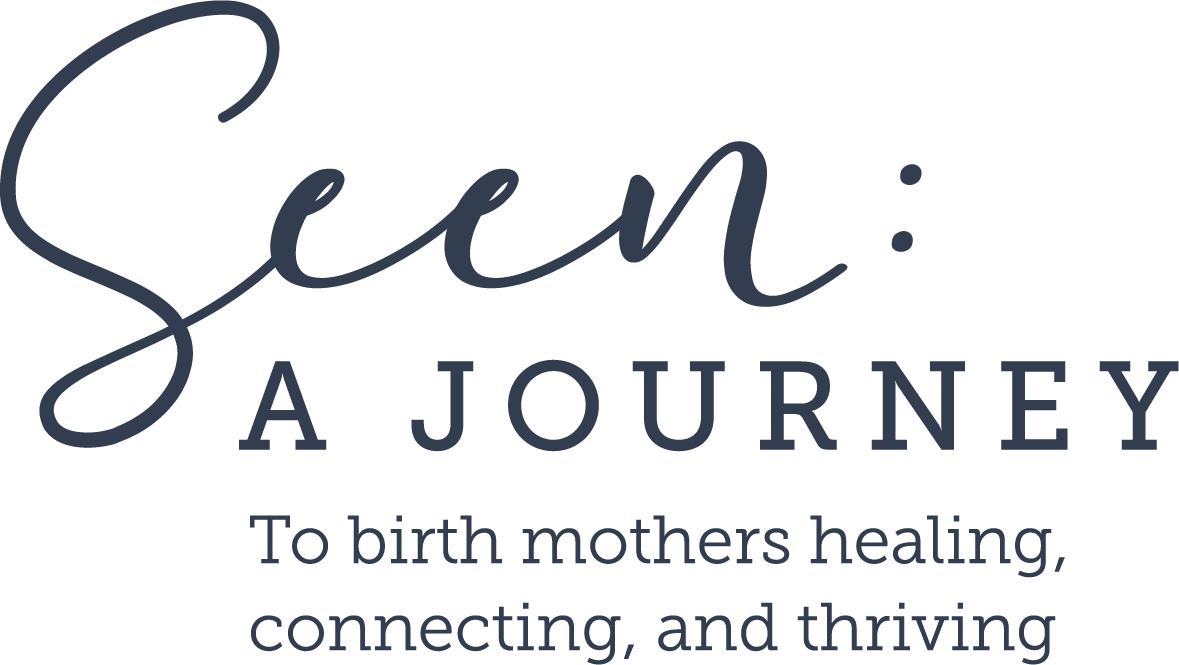A couple of years ago, I was talking on the phone with my good friend, Rahel. During this particular conversation, I was telling her why another one of my friends was mad at me. In my mind, I had a bulletproof thesis. I explained to Rahel all of the reasons that pointed to me being a horrible person and that I was most likely going to lose a good friend. I knew I was being a bit dramatic, but I was still convinced that I had done something to upset my friend. Calmly and emphatically, Rahel said, “Have you even called her and asked her how she is doing?” I responded with a quick and defensive, “No, but I just know she is mad at me.” Then Rahel chimes back and says, “Not everything is about you! Quit making yourself the main character in someone else’s story.” Ouch! Those words hit hard, and I immediately stopped talking.
Later that day, I finally called my friend and asked her if I had done or said anything that upset her or hurt her feelings. Like Rahel said, it wasn’t about me. My friend graciously shared that she was in a season of deep sadness and grief due to unforeseen circumstances. We talked for a little while longer, exchanged “I love you’s,” and then hung up the phone.
It’s very easy to make things about me. Not in a malicious way, but it is a very self-centered and boxed-in point of view. I subconsciously find ways to make myself the hero in someone else’s story. God calls us to give with a joyful heart. He commands us to care for the widows, orphans, and children. But I tend to skip over or forget the part where God commands us to be humble. “So when you give to the needy, do not announce it with trumpets, as the hypocrites do in the synagogues and on the streets, to be honored by others.” Matthews 6:2.
When people refer to the savior complex, adoption, humanitarianism, and mission work tend to be at the forefront of the conversation. Adoption is a space that involves the care and perceived well-being of children, so there is a natural desire for people to want to help. Having the desire for change and growth is okay. The caveat is when boundaries are overstepped and people’s emotional, physical, and spiritual autonomy is taken away or compromised. The pause for concern happens when the desire is a reflection of alterer motives. Good things can turn bad when intentions become self-serving.
Saviorism is not a popular topic, and it is unlikely to be discussed at most dinner parties. This complex makes individuals uncomfortable, and it is understandably difficult to talk about. However, growth and change come when individuals are willing to look inwardly and assess all the shortcomings that come with being human. The savior complex comes in different shapes and sizes. Therefore, it is important to be self-aware and allow space to be introspective.


